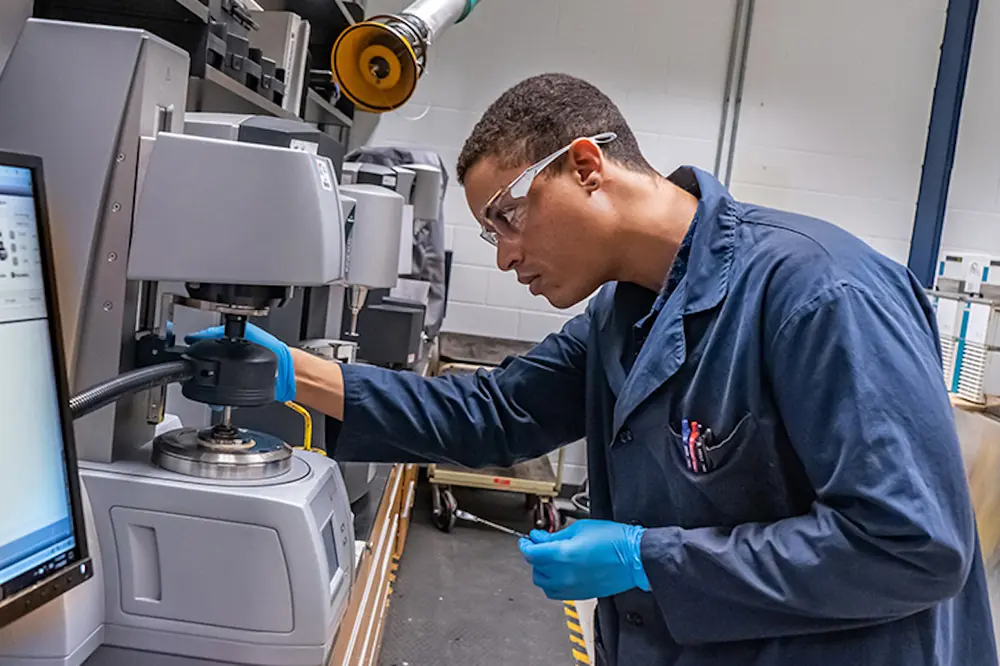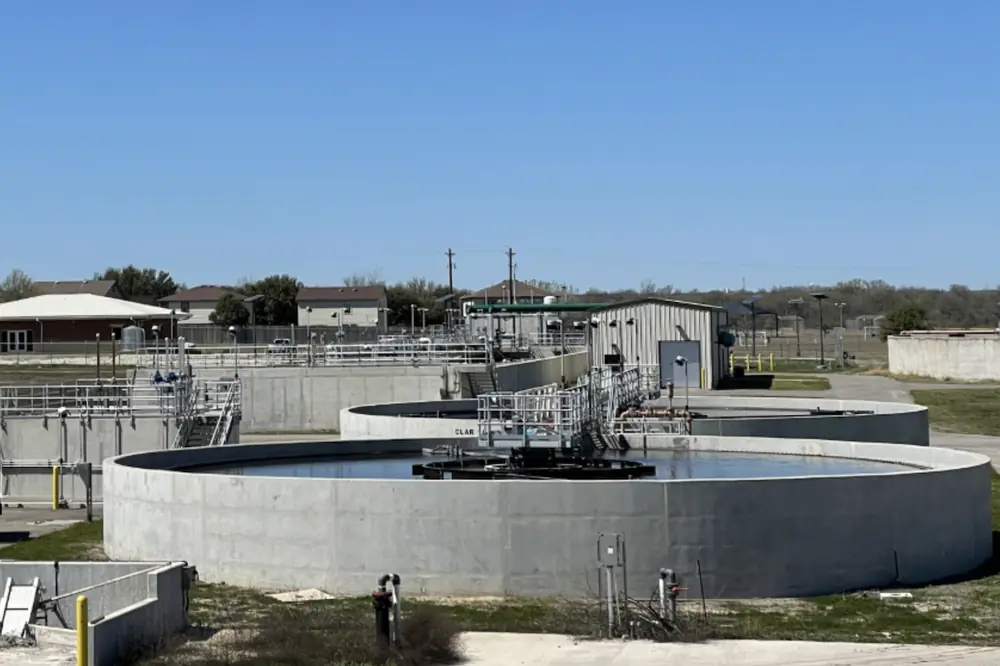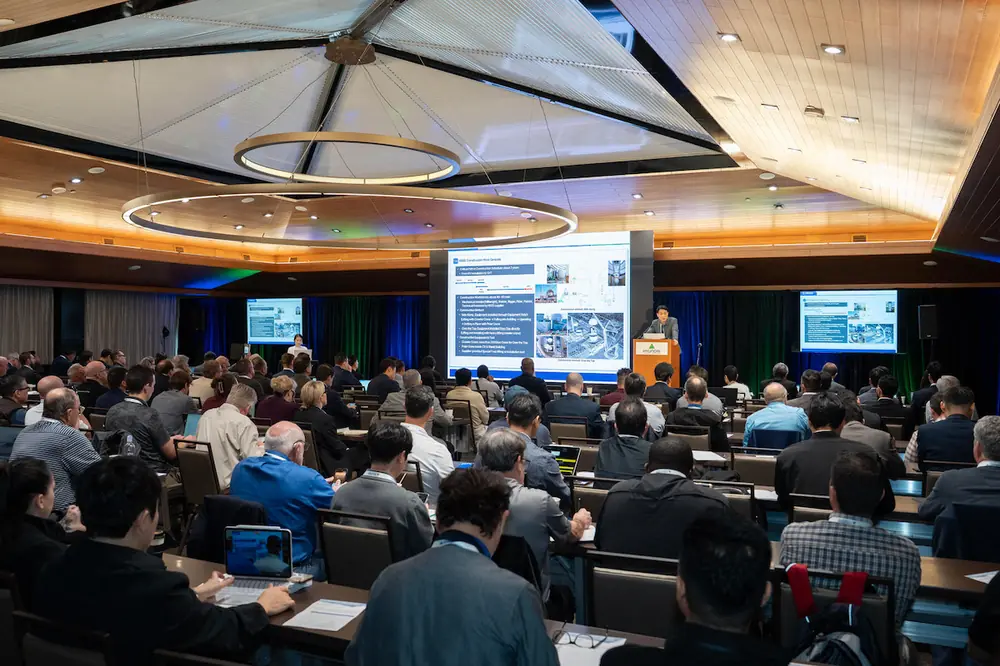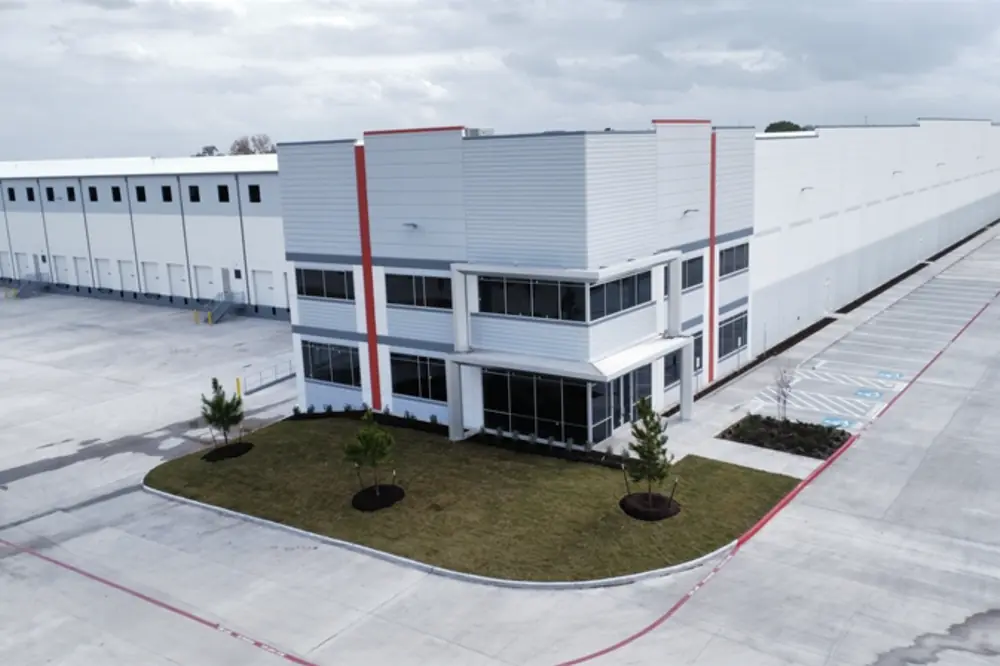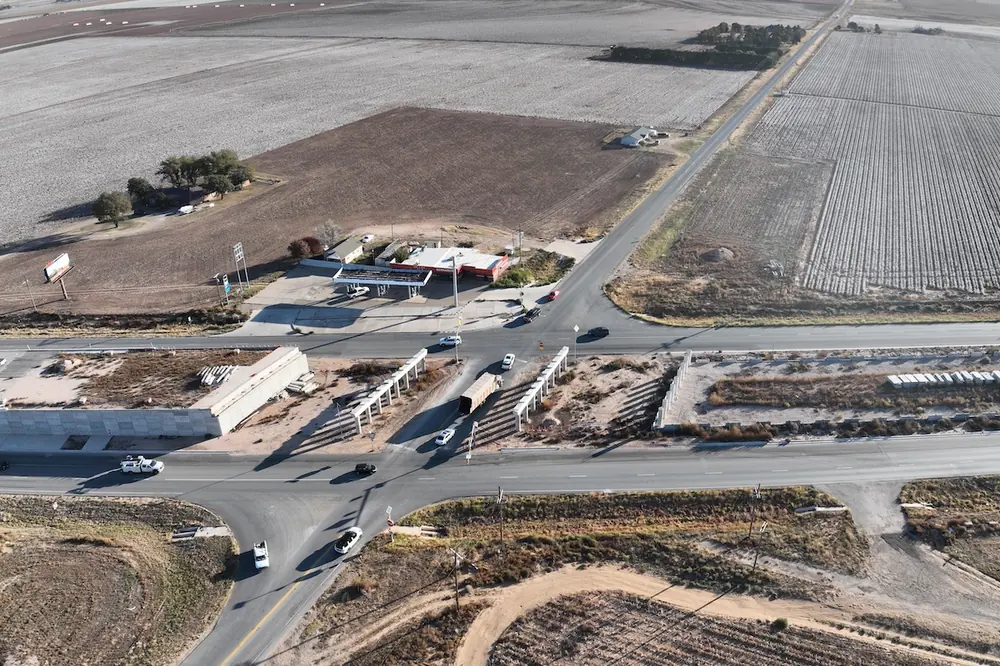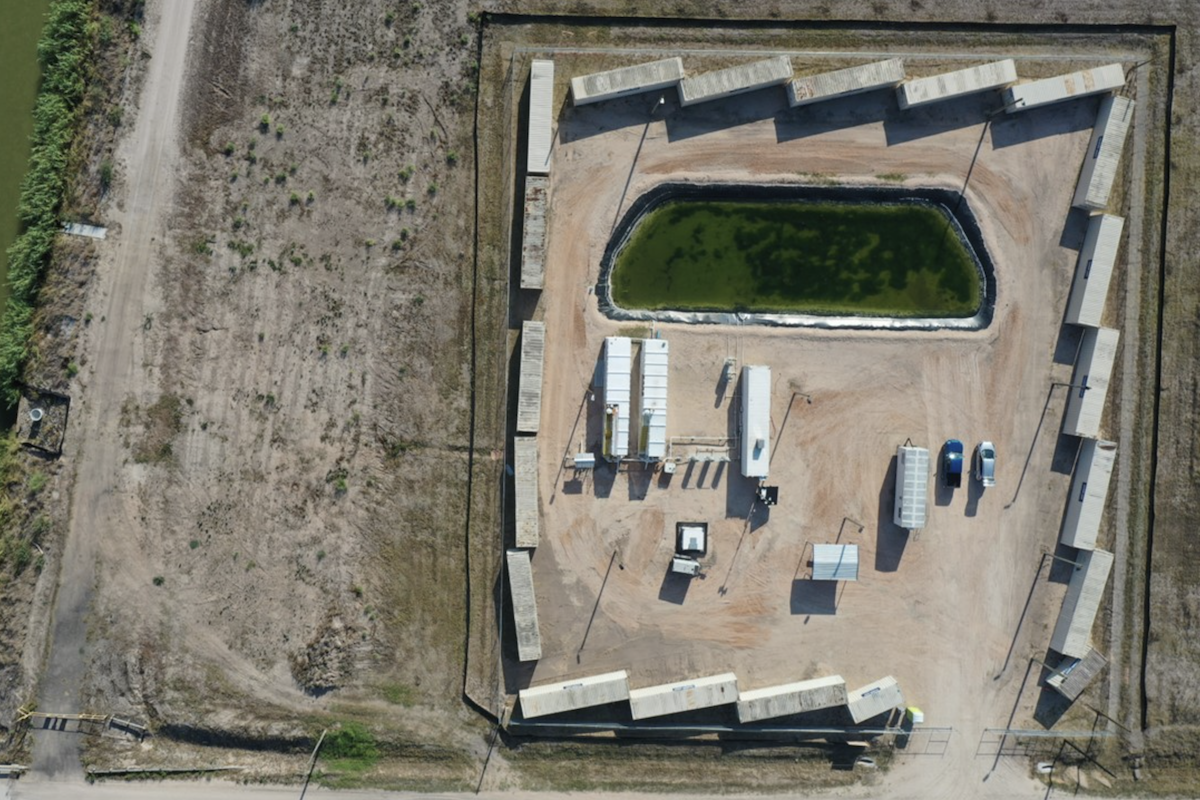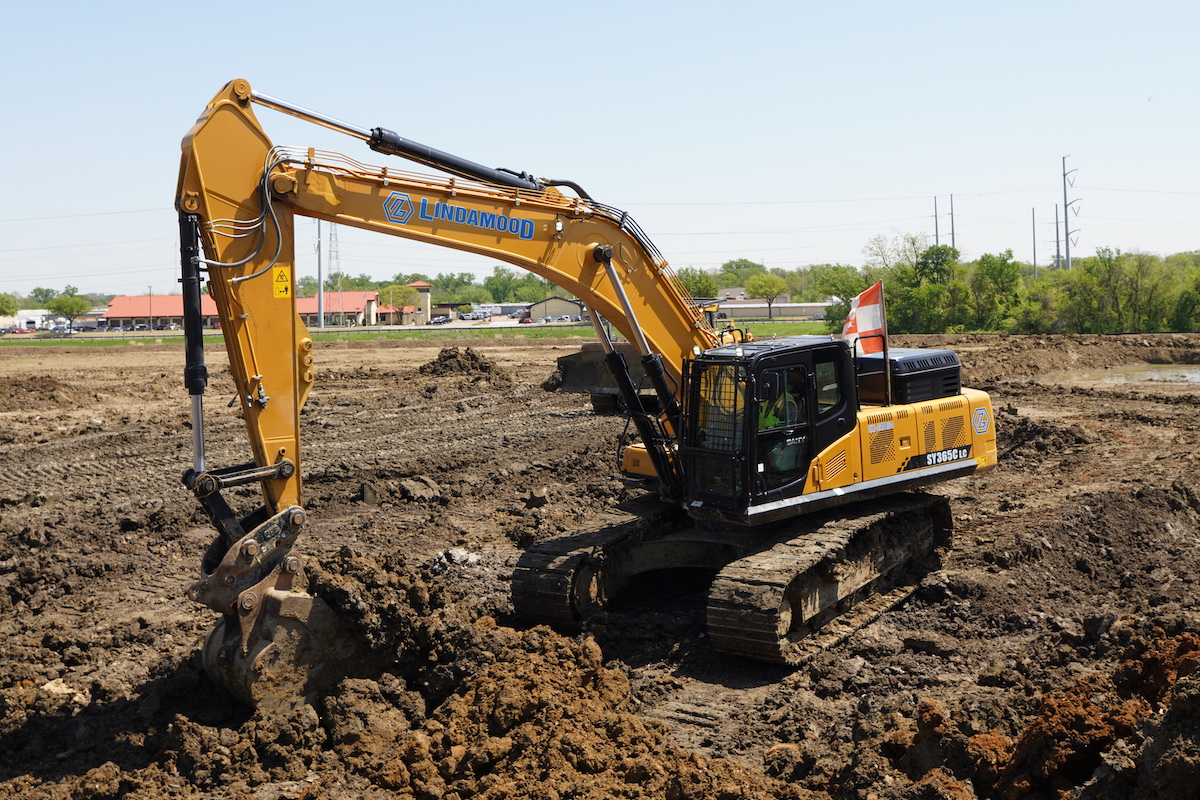The NEWPP project is being performed by the Houston Waterworks Team (HWT). HWT is a joint venture between CDM Smith and Jacobs with F S Group Architects as the architect of record and Isani as the civil engineer. The NEWPP campus has more than 50 buildings, including a three-story Administration and Maintenance Building, three-story Dewatering Building, two-story High Service Pump Station, as well as a Large Intake Pump Station Building at the shore of Lake Houston.
The Northeast Water Purification Plant expansion is a pivotal part of the Houston region's conversion from groundwater to surface water. The NEWPP treats Lake Houston water and turns it into drinking water for segments of Harris and Fort Bend counties and surrounding areas. The additional demand for surface water will be offset by the Luce Bayou Interbasin Transfer Project drawing water from the Trinity River and transferring it into Lake Houston. This network of surface water transfers allows the additional demands for water to be met without the use of groundwater.
Construction began in 2018 using a progressive design-build approach and will be completely online in 2025. The first phase increased the capacity of the NEWPP from the 80 mgd to 160 mgd in 2021. The second phase will increase the overall facility production capacity to 400 mgd by 2024. The entire upgrade once complete will have increased the plant's output of freshwater by 320 million gallons per day.
Five water providers — the North Harris County Regional Water Authority, the West Harris County Regional Water Authority, the Central Harris County Regional Water Authority, the North Fort Bend Water Authority, and the City of Houston — joined together to share the cost of this expansion project.

| Your local Bobcat dealer |
|---|
| Compact Construction Equipment, Inc |
| Bobcat of North Texas |
The Northeast Water Purification Plant expansion includes conventional treatment processes like the existing plant that help coagulate, settle, filter, and then disinfect the water to a quality that exceeds requirements set forth by the Texas Commission on Environmental Quality. Additionally, an advanced oxidation process called ozonation is being constructed. Ozonation is a very powerful process for disinfecting water to help ensure that harmful organisms are eliminated. Ozonation also helps eliminate taste and odor-causing compounds, improving the aesthetic quality of the water supplied by the plant.














